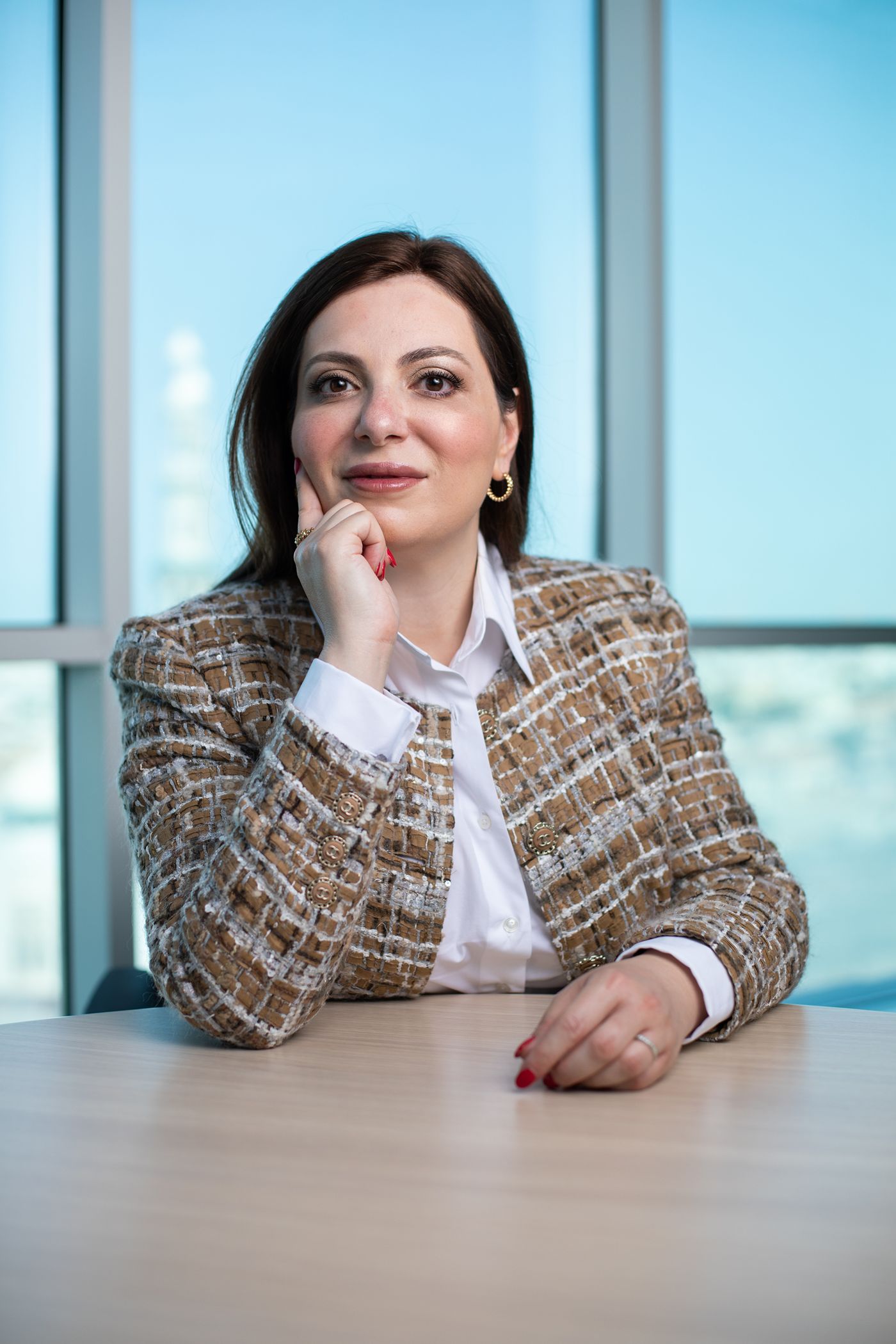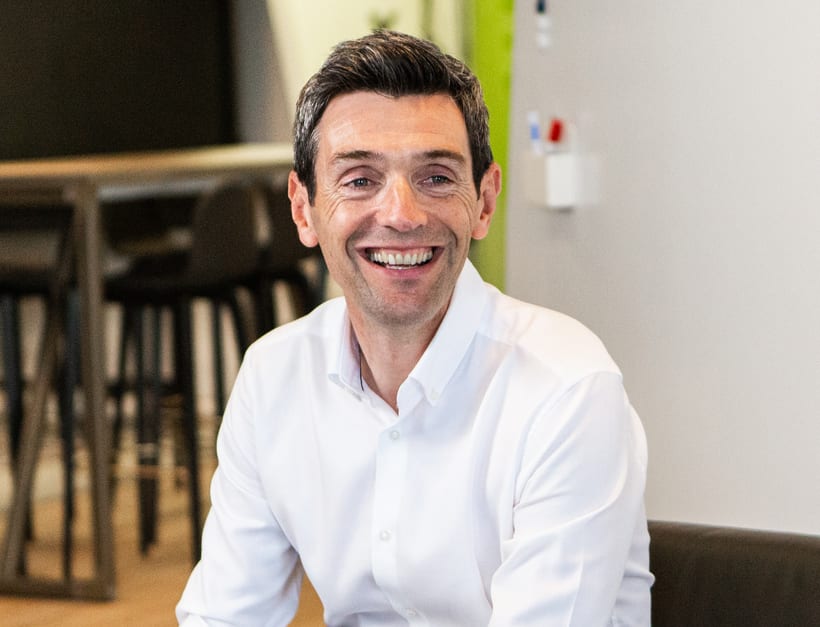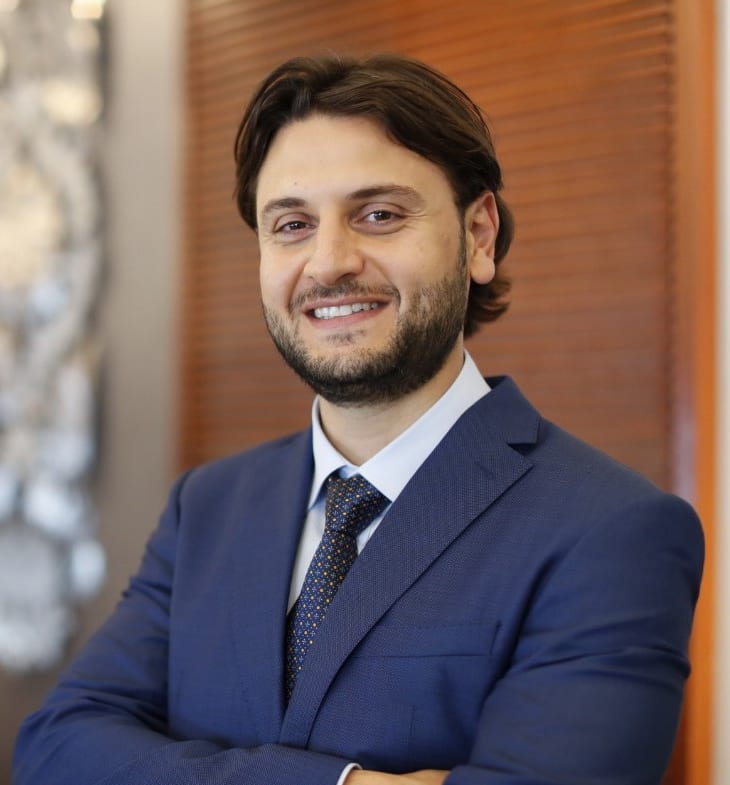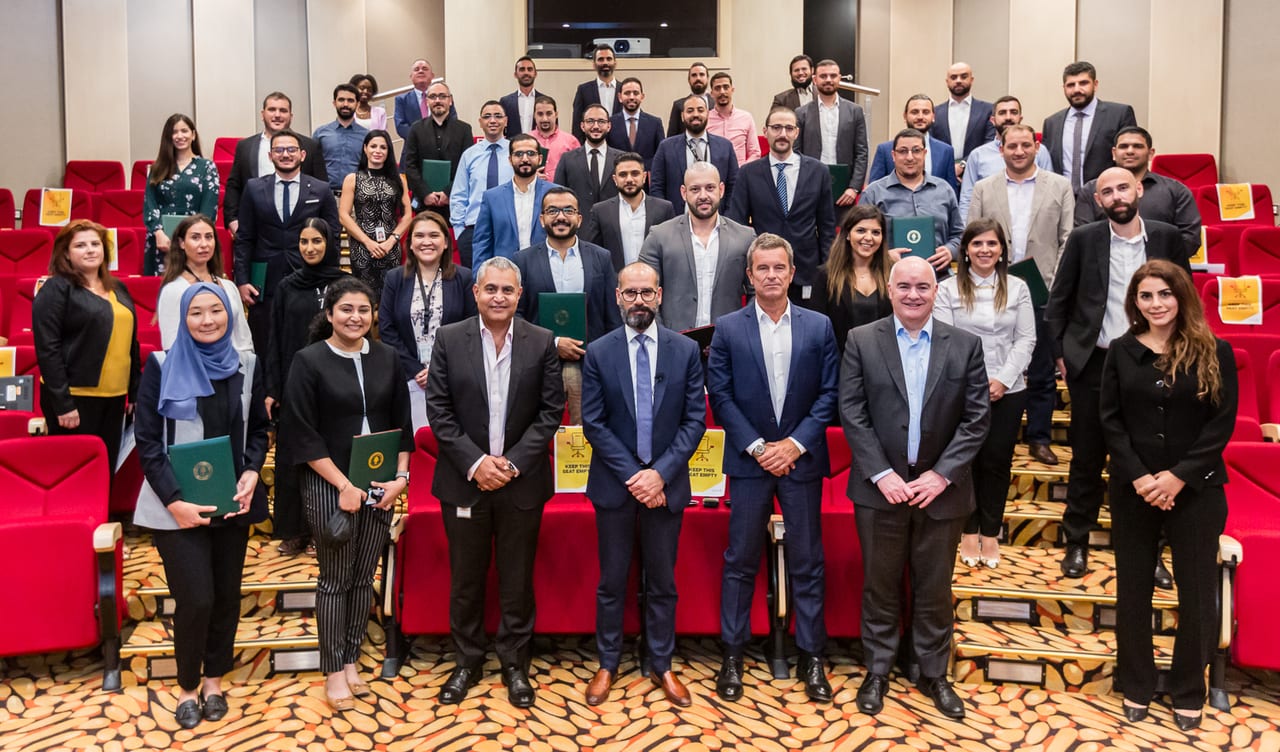
Delays, difficult decisions and uncertainty. These were the inevitable fallouts from the industry-wide downturn triggered by the pandemic.
But in an environment that often stifled innovation, a bold idea was hatched – one that would upskill some of Petrofac’s future leaders for an industry in undeniable transition.
“When Covid hit, we had to think about sustaining the business and new ways of managing our overheads,” explains Elie Lahoud, Chief Operating Officer, Engineering and Construction. “Business had taken a big hit, and I was concerned that if we lost our talent, we lost those we are banking on for the future.
Elie, as the executive sponsor, asked the American University of Beirut (AUB) – a notable provider of Petrofac’s engineering graduates – to help shape a tailored master’s degree programme in engineering management that would address Petrofac’s specific needs.
Funds that were earmarked for sponsoring undergraduate engineers were diverted to supporting existing employees – paying their tuition fees and providing them with monthly stipends.
Finance, digital and renewable energy
In short, Elie wanted the programme to turn some of his mid-career professionals from expert engineers into multi-faceted leaders.
“We don’t want our engineers to just do design work; we can outsource that to a third party,” he reasons. “We do want them to become well-rounded managers and leaders who implement change and make things happen.”
Most importantly, Elie wanted the programme to address the “big gap” he’d identified in his more traditionally-schooled engineers – finance management.
“Through my long experience in the industry, I've learnt about finance management through practice,” Elie admits. “It wasn’t part of my training, but we want our engineers to be taught to be financially astute and digitally-savvy at an earlier stage of their careers.”
He also specified that the programme should prepare participants for the transition to renewable energy. “They need to be able to speak the market’s language and understand what is out there, so that we, as an organisation, are increasingly equipped to play our role at the heart of the change” he says.
IN THE DEPTHS OF THE PANDEMIC, A BOLD IDEA WAS HATCHED – ONE THAT WOULD UPSKILL SOME OF PETROFAC’S FUTURE LEADERS FOR AN INDUSTRY IN UNDENIABLE TRANSITION
MASTERING THE MID-CAREER CHALLENGE
HOW WE WORK
WORDS CLAIRE BARRETT
PUBLISHED FEBRUARY 2022
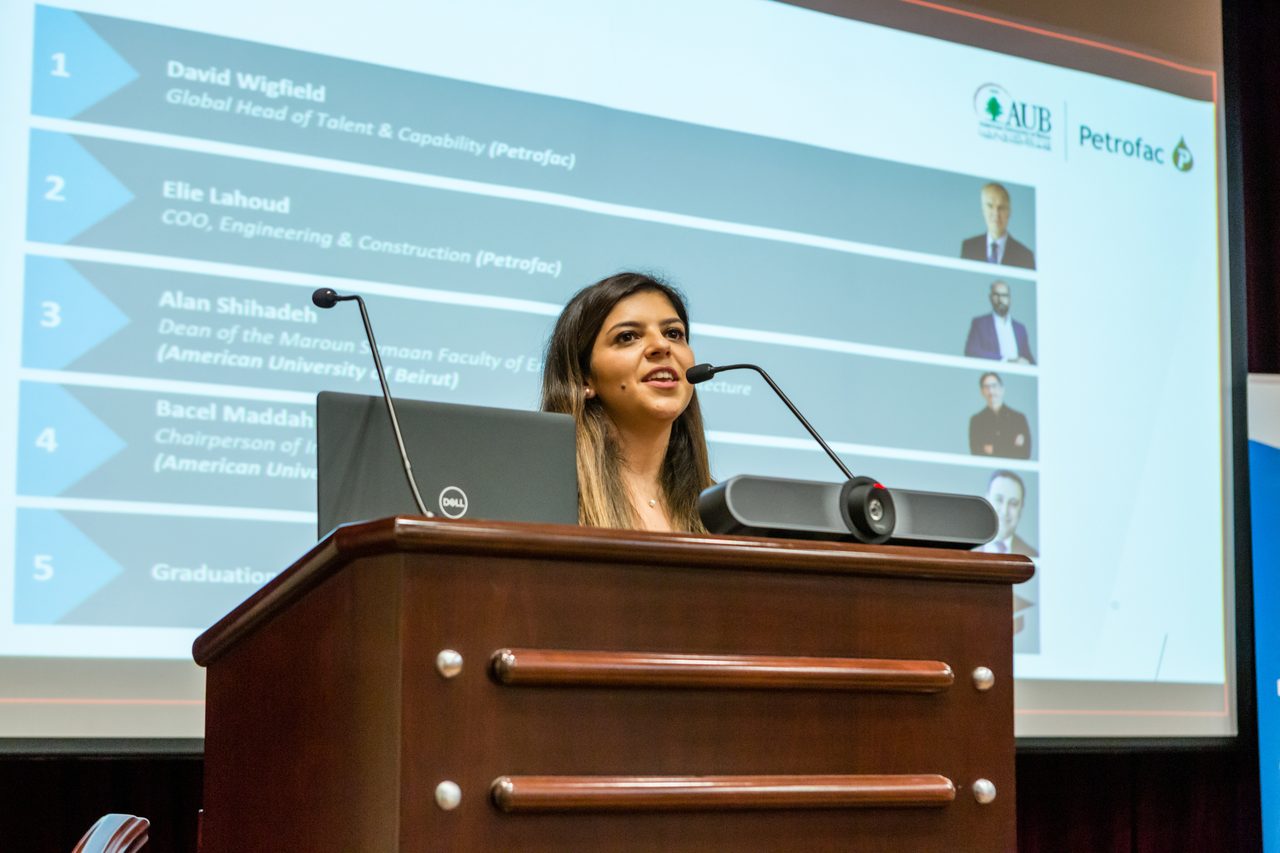
Christina El Jamal
“We want our engineers to be taught to be financially astute and digitally-savvy at an earlier stage of their careers.”
Elie Lahoud
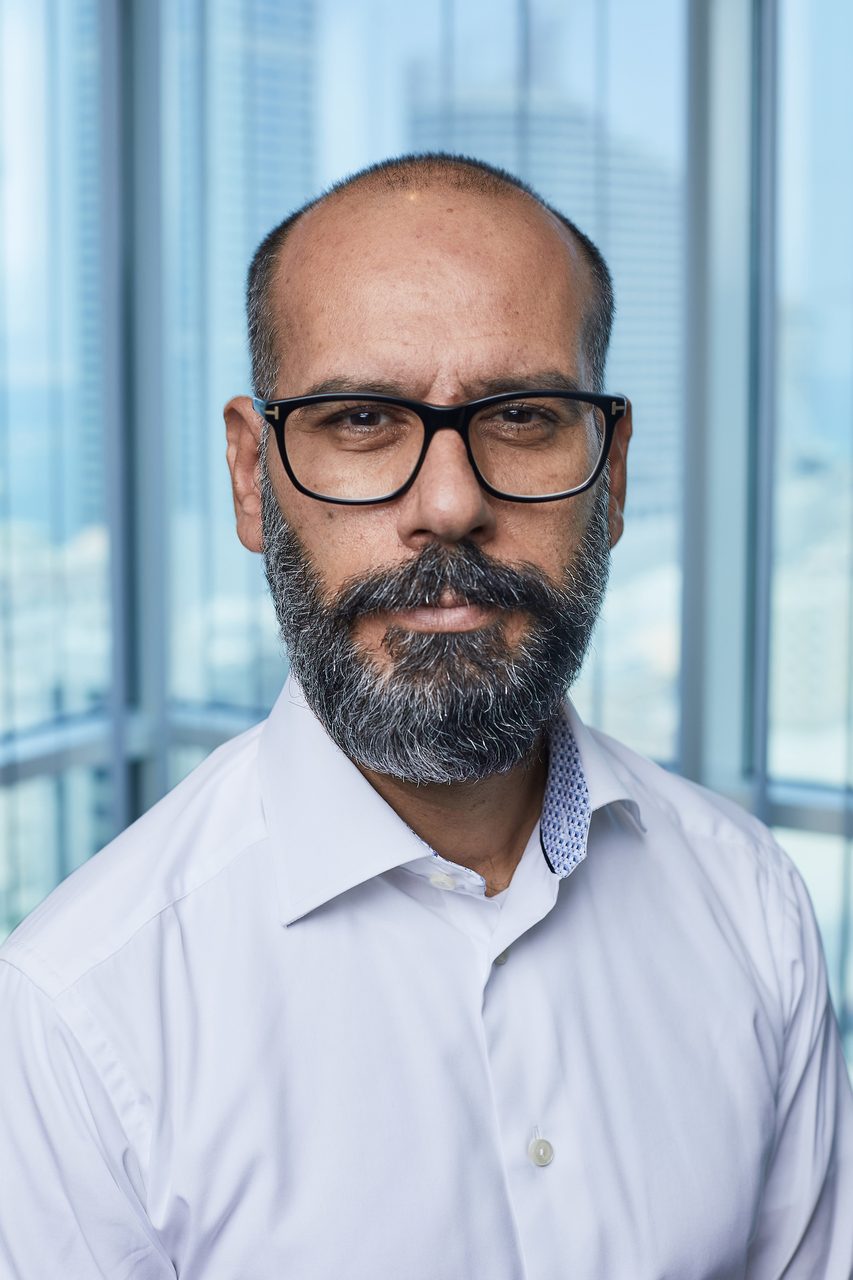
Partnership opens new line of business
In spite of the impact of the pandemic and the dramatic collapse of the Lebanese economy, AUB was a willing and highly-rated partner, with which Petrofac has a long-standing relationship.
In an arrangement that would benefit both parties, it was agreed that Petrofac would send 100 engineers to AUB’s elite master’s programme.
“It was the first time we had tailored one of our programmes to meet the needs of a particular employer,” explains Alan Shihadeh, dean of AUB’s Faculty of Engineering and Architecture.
“Until now, our programme requirements had been shaped by what faculty members deemed important and interesting, with little if any authentic role for employers to help shape them.”
“The partnership with Petrofac gave the university the launchpad it needed to work even more closely with companies on research, and in developing bespoke educational programmes to better meet the needs of industry.”
“In short, Petrofac let us up our game,” says Alan. “It’s opening up a whole new line of business as a human resource development partner for regional enterprises.”
Online learning through lockdowns
Bacel Maddah, the professor who is the academic director of the programme, set about tailoring it for a more mature and confident cohort.
With a curriculum that already took students to the “frontier of project management”, Petrofac cherry-picked modules and sought custom-made elements on topics like project management, digitalisation, finance and renewable energy.
“It was initially conceived as a hybrid programme,” says Bacel. “We thought that those from Lebanon or surrounding countries would be able to study on campus, while those from further afield would follow the programme online.
“But once the lockdowns and restrictions were in place, we had to design the entire programme as an online offering.”
The university worked with its instructional designers to develop high-quality online content attuned to the way people learn.
The standard 50-minute lecture was out. Instead, modules were condensed into 10 to 15-minute interactive videos.
“These were dynamic to keep students continually engaged. There were also questions at the end of each session to test their learning,” says Bacel, who has found Petrofac students to be “eager, inquisitive and passionate to know more.”
Twice-weekly 90-minute discussion sessions, meanwhile, were an opportunity for students to review the material, resolve doubt and seek clarity.
“Online learning can be lonely,” concedes Bacel. “We did our best to create an online community.”
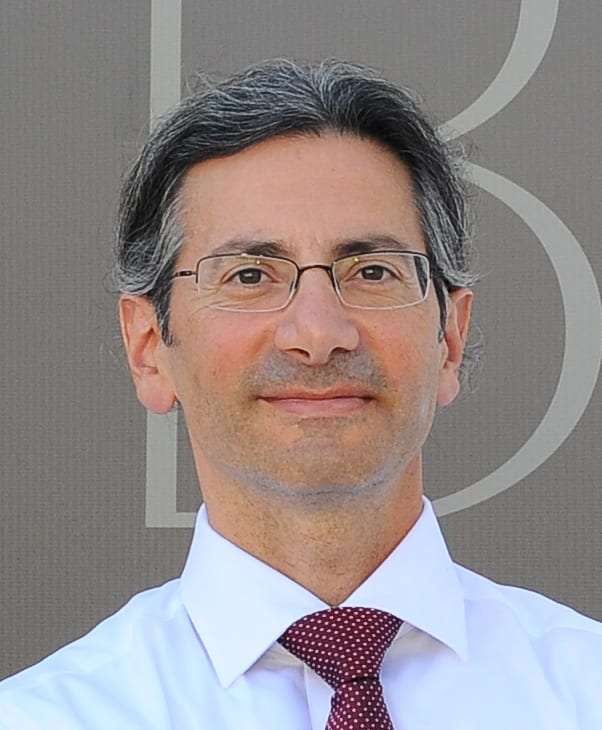
“It was the first time we had tailored one of our programmes to meet the needs of a particular employer.”
Alan Shihadeh
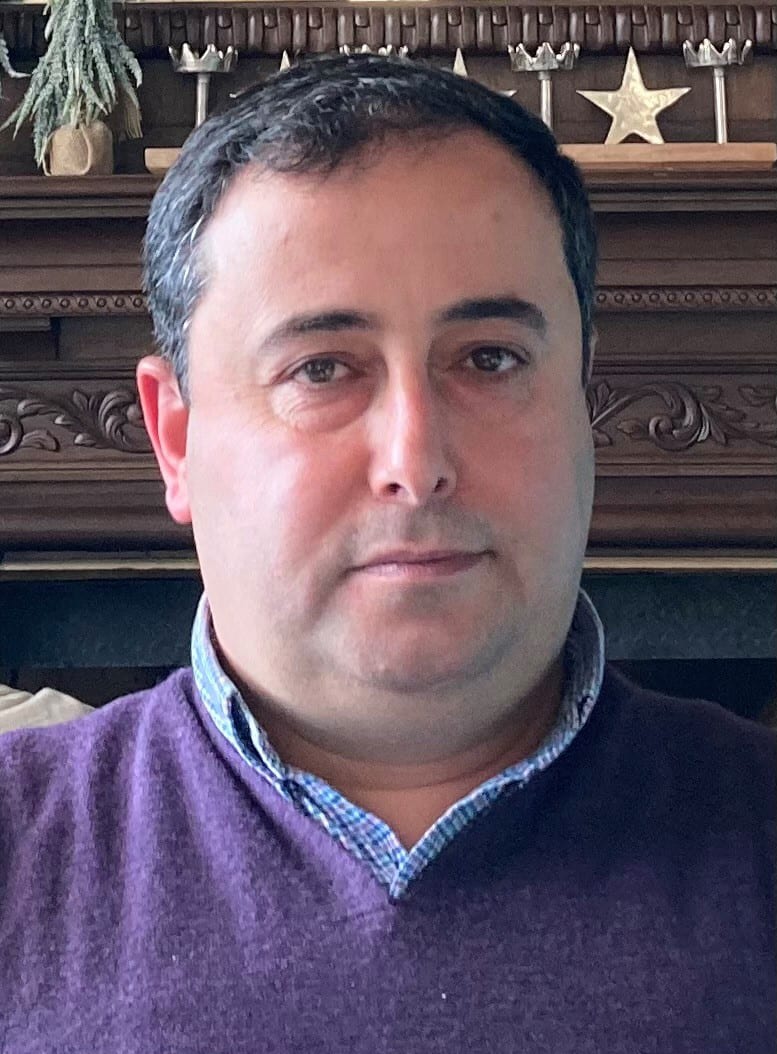
“The university worked with its instructional designers to develop high-quality online tuition attuned to the way people learn.”
Bacel Maddah
“It is not a vacation; it’s serious study”
Around 40 hours of study is expected each week. “We don’t want to overrun them,” says Bacel, “they are master’s students, not investment bankers. But it is a demanding programme. It is not a vacation; it is serious study.”
And only serious candidates were considered for the opportunity.
“It’s been a rigorous internal selection process,” says HR Business Partner Christina El Jamal, who leads the programme Petrofac side. “We had to select the employees in a way that serves the company’s purpose as well as satisfy individual aspirations. AUB would then have its own criteria which candidates had to meet.”
The focus was on high calibre engineers already identified by Petrofac’s talent management process. The selection process was comprehensive; whatever your discipline was and whether you were selected by your function, nominated yourself, or put forward by your line manager, if you met the admission criteria you had your chance to participate.
New grads, new challenges
With anything from five to 20 years’ experience at Petrofac, the men and women came from 14 different countries, including Lebanon, Jordan, China, India, Kazakhstan and Venezuela.
“Colleagues completed the degree through distance learning,” says Christina, “with some returning to their home countries to do so. You could participate in the programme wherever you are.”
The first cohort of 46, many graduating with top grades, have now returned to work with a fresh mindset.
“We tried to find new and suitable opportunities for them to use their new skills,” Christina explains. “It meant that some moved from the UAE to the UK; others shifted from construction to the commercial side. They are well equipped for this rotation and invaluable exposure.”
Around 30 are still on the programme, while the recruitment continues for the final dozen or so.
“It’s a real achievement,” says Christina, “particularly as it all happened during the pandemic. Elie transformed the situation into something positive. He had the vision beyond what the rest of us could see, and turned a challenge into an opportunity.”
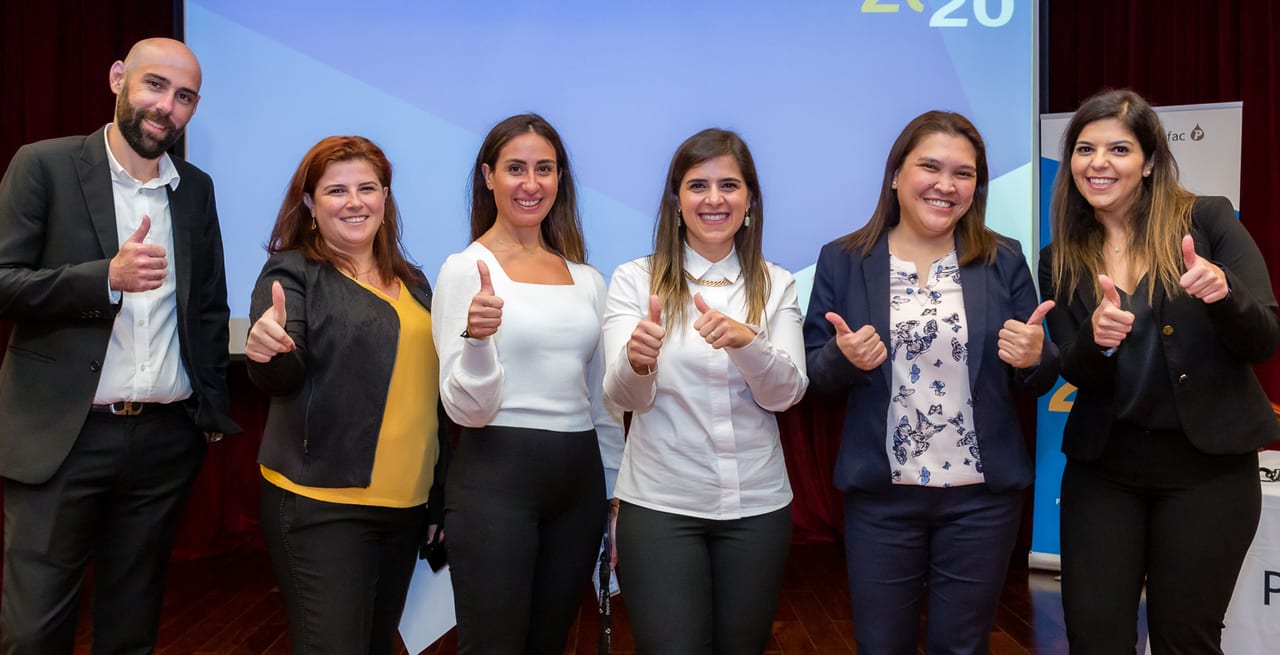

Ottawa
A fascinating backstory, told in an intriguing way
Born in Beirut, she was the youngest of four children in a happy, well-to-do family. Then, at the age of nine, everything changed. Out-of-the-blue, her father, who managed a large chain of fine-dining restaurants, was kidnapped, tortured and held to ransom.
On his eventual release, the family fled to Canada, leaving everything behind, and ending up destitute in a small French-speaking city that was unaccustomed to immigrants. Unable to speak the language, her parents came across as unsophisticated people, with her father getting work washing dishes and her mother cleaning hotel rooms. Financially and emotionally, it was a real struggle.
Patty learned English by watching cartoons and studying children’s books. And, as she grew, she became more determined. With a focus on her studies, she earned scholarships to the University of Ottawa, and worked four part-time jobs to see her through her undergraduate studies in biochemistry before moving onto law school. She then joined the Canadian civil service, where she spent the first ten years of her career.
What is as interesting as the story itself, is the unguarded, matter-of-fact way that Patty tells it, and how she draws such obvious strength from it.
